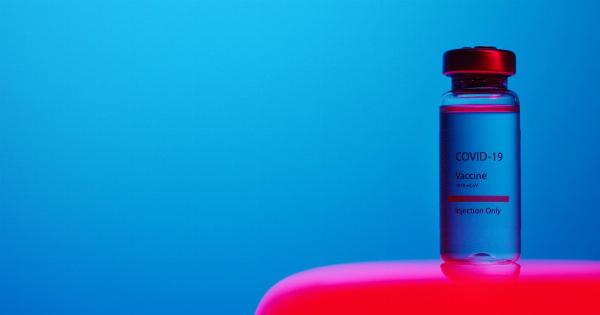Summertime is often associated with fun outdoor activities, beach trips, and feeling the warmth of the sun on our skin.
While it’s essential to enjoy the sunshine, it’s equally important to protect our skin from sunburn and harmful UV radiation.
While we often rely on sunscreens and other topical products for protection, did you know that certain fruits can also help defend your skin naturally? In this article, we will explore ten fruits that provide natural sun protection and contribute to overall skin health.
1. Strawberries
Not only are strawberries delicious and refreshing, but they also offer natural sun protection. They are rich in antioxidants called polyphenols, which have been shown to reduce skin damage caused by UV radiation.
Incorporating strawberries into your diet can help boost your skin’s resilience against sunburn.
2. Watermelon
Watermelon is a summer staple that not only keeps you hydrated but also provides protection against sunburn. It contains lycopene, a powerful antioxidant known for its ability to shield the skin from harmful UV rays.
Adding watermelon to your diet can help enhance your skin’s defense mechanisms.
3. Oranges
Oranges are packed with vitamin C, which plays a crucial role in maintaining skin health. It helps repair damaged skin, promotes collagen production, and improves the skin’s ability to cope with sun exposure.
Consuming oranges regularly can aid in preventing sunburn and maintaining a youthful complexion.
4. Pomegranates
Pomegranates are known for their antioxidant properties and their ability to combat free radicals in the body. They contain punicalagins, which have been found to help decrease the effects of UVB-induced damage.
Incorporating this fruit into your diet can contribute to your skin’s overall resilience and protection.
5. Kiwis
Kiwis are small, yet they are packed with essential nutrients that offer multiple health benefits. They are an excellent source of vitamin C, which supports collagen synthesis and helps protect the skin from the damaging effects of the sun.
Adding kiwis to your diet can assist in keeping your skin healthy and sunburn-free.
6. Blueberries
Blueberries are not only delicious but also loaded with antioxidants. They contain anthocyanins, which offer photoprotective properties for the skin.
Regular consumption of blueberries can help improve the skin’s ability to handle sun exposure, reducing the risk of sunburn and premature aging.
7. Tomatoes
Tomatoes, especially when cooked, are an excellent source of lycopene. This antioxidant compound can protect the skin from both UVA and UVB rays, assisting in preventing sunburn and preserving skin health.
Incorporating tomatoes into your diet, whether in sauces, soups, or salads, can provide natural sun protection.
8. Red Grapes
Red grapes contain a potent antioxidant compound called resveratrol. This compound has been studied for its photoprotective effects and its ability to improve skin health.
Consuming red grapes or drinking red grape juice can contribute to your skin’s natural defense against sunburn.
9. Guava
Guava is a tropical fruit that is rich in antioxidants, including vitamin C and lycopene. These nutrients help protect the skin from UV-induced damage and enhance its natural defense mechanisms against sunburn.
Enjoying guava as a snack or incorporating it into your diet can provide additional sun protection.
10. Carrots
Carrots are well-known for their high beta-carotene content, which the body converts into vitamin A. Vitamin A is essential for skin health and can contribute to better sun tolerance.
Consuming carrots regularly can help improve your skin’s ability to handle sun exposure and reduce the risk of sunburn.
While these fruits offer natural sun protection, it’s important to note that they cannot replace the need for sunscreen and other sun-protective measures.
Using a broad-spectrum sunscreen, seeking shade during peak sun hours, and wearing protective clothing are still crucial for safeguarding your skin against harmful UV radiation.
Adding these fruits to your diet can complement your sun protection routine and promote overall skin health. Remember to consult with a dermatologist or healthcare professional for personalized advice regarding sun protection and skincare.



























